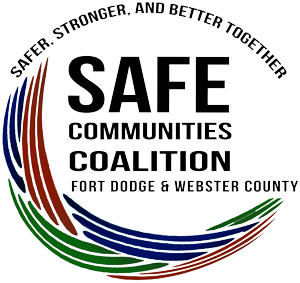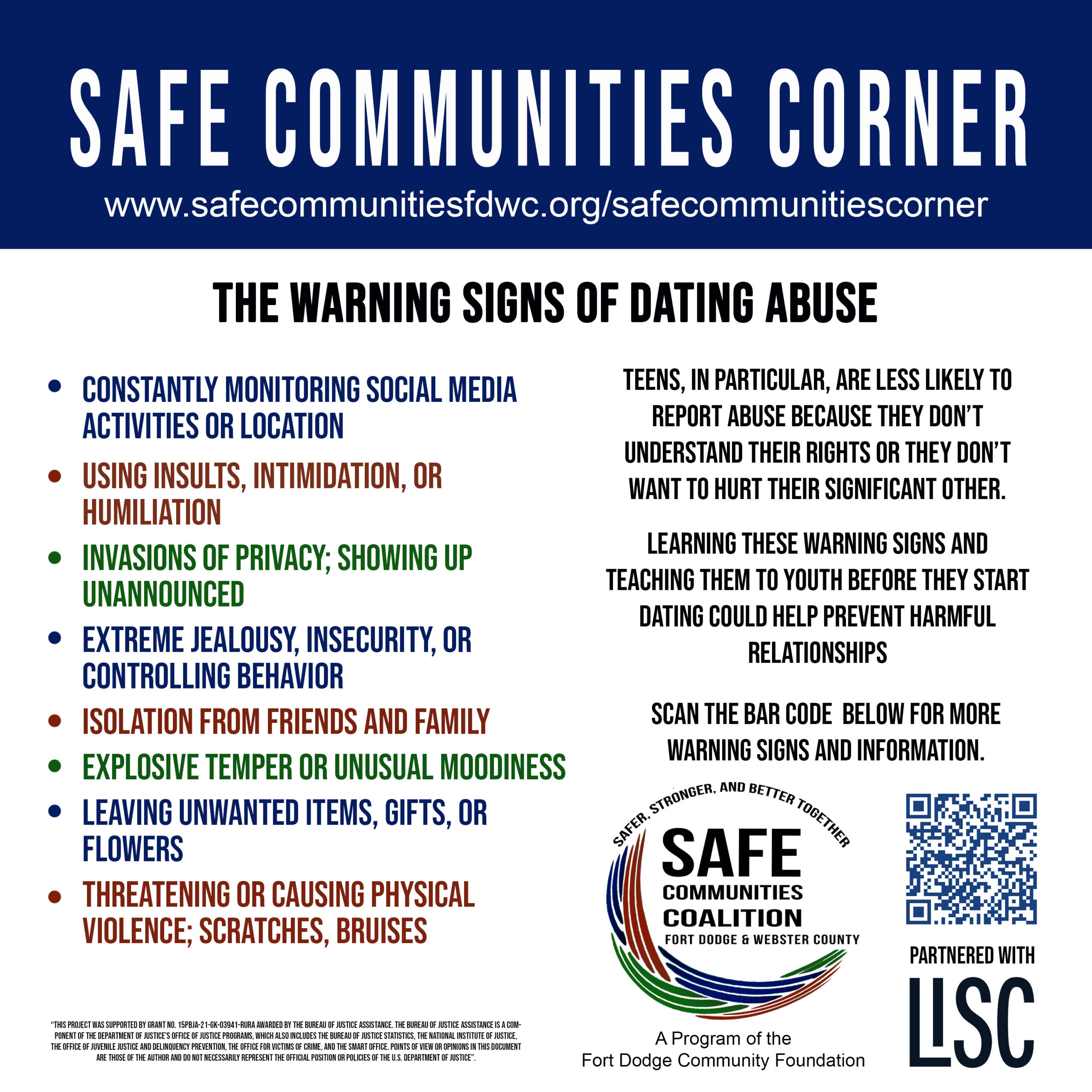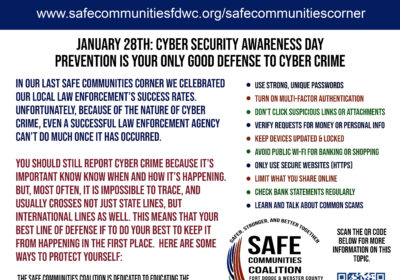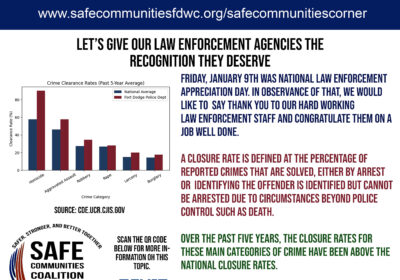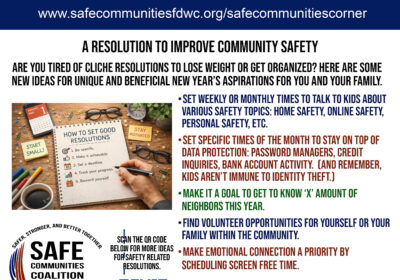Trying to get out of a harmful relationship once it starts can be an incredibly difficult process for both the victim and the people who love him/her. Having conversations about the warning signs of abusive relationships BEFORE they occur will give your teen a powerful tool in preventing abuse…knowledge.
Here are 10 warning signs to look for as red flags to dating abuse:
- Using insults, intimidation, or humiliation: This is part of the mental breakdown of a victim.
- Extreme jealousy, insecurity, or controlling behavior: This might not always seem extreme at first. It starts out very subtle. A “joke” about what they want to do to an ex, a cute excuse for why they are jealous, a plausible reason for knowing the passwords to your devices. etc.
- Isolation from friends and family: In order to get the victim away from friends and family, they often make themselves look like the victim. “I can’t spend time with them because they hate me.” “You choose if you want to hang out with them and not me.”
- Unwanted sexual contact of any kind: Unwanted sexual contact…even touching over clothes is NEVER ok.
- Explosive temper or unusual moodiness. Sometimes they’ll even blame their significant other for the emotion.
- Constantly monitoring social media activities or location. Please make sure your children know that boyfriends/girlfriends are not their keeper. This is not a behavior that happens in a healthy relationship.
- Invasions of privacy; showing up unannounced: If your child’s boyfriend/girlfriend has to be the first person your child hears from in the morning and the last person they hear from at night, that’s a red flag. If your child’s significant other is disrupting things like vacations and family time…even via the phone, be alert.
- Leaving unwanted items, gifts, or flowers: don’t be afraid to make sure that the person leaving these knows that it’s not ok. This is a time when you shouldn’t be worried about hurting feelings.
- Abusing alcohol or drugs
- Threatening or causing physical violence; scratches, bruises: ANY time you notice signs of physical violence, it’s time to get help.
Never underestimate the power of instinct. If something about your child’s relationship doesn’t seem right, start conversations. Reach out to other adults who might possibly see how your child relates to their significant other and vice versa. Don’t be afraid to check messages and conversations between the two of them. Reach out for help if you’re unsure of what to do. Your child’s safety depends on your awareness and willingness to stand with your child and combat the abuse.
